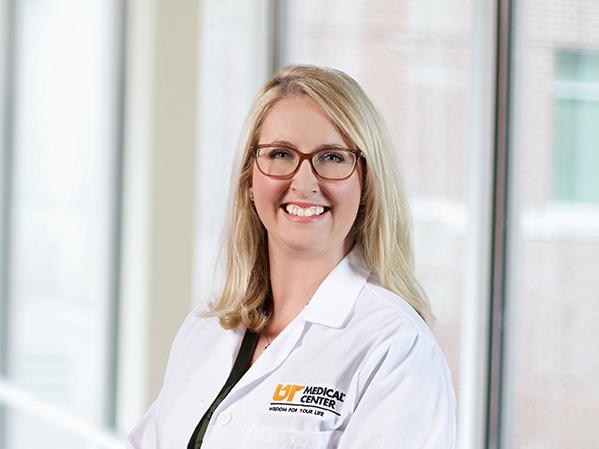Overview
At Oncology Genetic Counseling, we’re here to help you with all your cancer-related, genetic counseling needs.
All cancer is caused by changes in our genes, but not all cancer is hereditary. The vast majority of cancers are sporadic. This means that they happen due to random chance, bad luck, or environmental factors (such as smoking or sunlight exposure). However, about 5-10% of cancers are hereditary and run in families. Genetic testing can help determine if a person has a hereditary predisposition to develop certain types of cancers.
People with hereditary cancer syndromes are born with a gene mutation. Risk of cancer depends on which gene is involved. Hereditary cancer syndromes can affect both men and women. Most of these syndromes place patients at a 50% chance of passing the mutation along to their children. As a result, these children may also be at an increased risk to develop cancer throughout their lifetimes.
About Genetic Counseling & Testing
Genetic counselors are healthcare providers who are trained in genetics, education and psychology. They look at each patient’s medical history and family history in order to see if any red flags point to a hereditary cancer syndrome. Genetic counselors can order genetic testing to see if patients are more likely to develop certain types of cancers. In addition, they can use other computer tools to estimate some common cancer risks. Finally, genetic counselors are able to educate, answer questions, alleviate concerns, and help guide patients through the decision-making process.
Genetic testing for hereditary cancer is typically a blood test that looks for mutations in certain genes associated with cancer. Multiple genes have been associated with hereditary cancer syndromes. The genetic counselor will determine which genes are appropriate to test based on each patient’s personal history and family history.
What to Expect at Your Appointment
A genetic counseling appointment is a conversation. The appointment will last about one to one and a half hours. We will talk about any cancers in you and/or your family and explain how genes related to cancer can be passed through families. Genetic testing may be recommended, but it is not required. If you choose to have genetic testing you will have a blood test. Test results will be available in three to four weeks. You and your genetic counselor will discuss your plan of care once results are available. If you are found to have a genetic mutation, we can also offer testing for your family members to see if they have the same genetic mutation as you do. If they do, we offer them increased screening and management options.
How to Prepare for Your Appointment
The more information you have about your cancer history and the cancers in your family the better. For your genetic counseling appointment it is helpful to know:
- Who in your family was diagnosed with cancer
- What types of cancer they had
- How old they were when they were diagnosed
Please bring a copy of any genetic testing results if you or anyone in your family has had testing before. Finally, think of and write down any questions you wish to discuss with the genetic counselor.
For your convenience, please print and fill out the patient registration form and bring it with you on your first visit. To view/download the file, please click on the link below (you’ll need Adobe Acrobat Reader to view it, which can be downloaded for free from www.adobe.com).
Physician Referrals
We require referrals be sent from a health care provider’s office. We pledge to provide the highest level of care to your patients.
We are always available to you, whether it is to provide a full consult, or answer a simple, over-the-phone question. If we can assist in the care of your patient in any way, please do not hesitate to contact us.
Download the Oncology Genetics Referral Form and fax to 865-305-6362.

